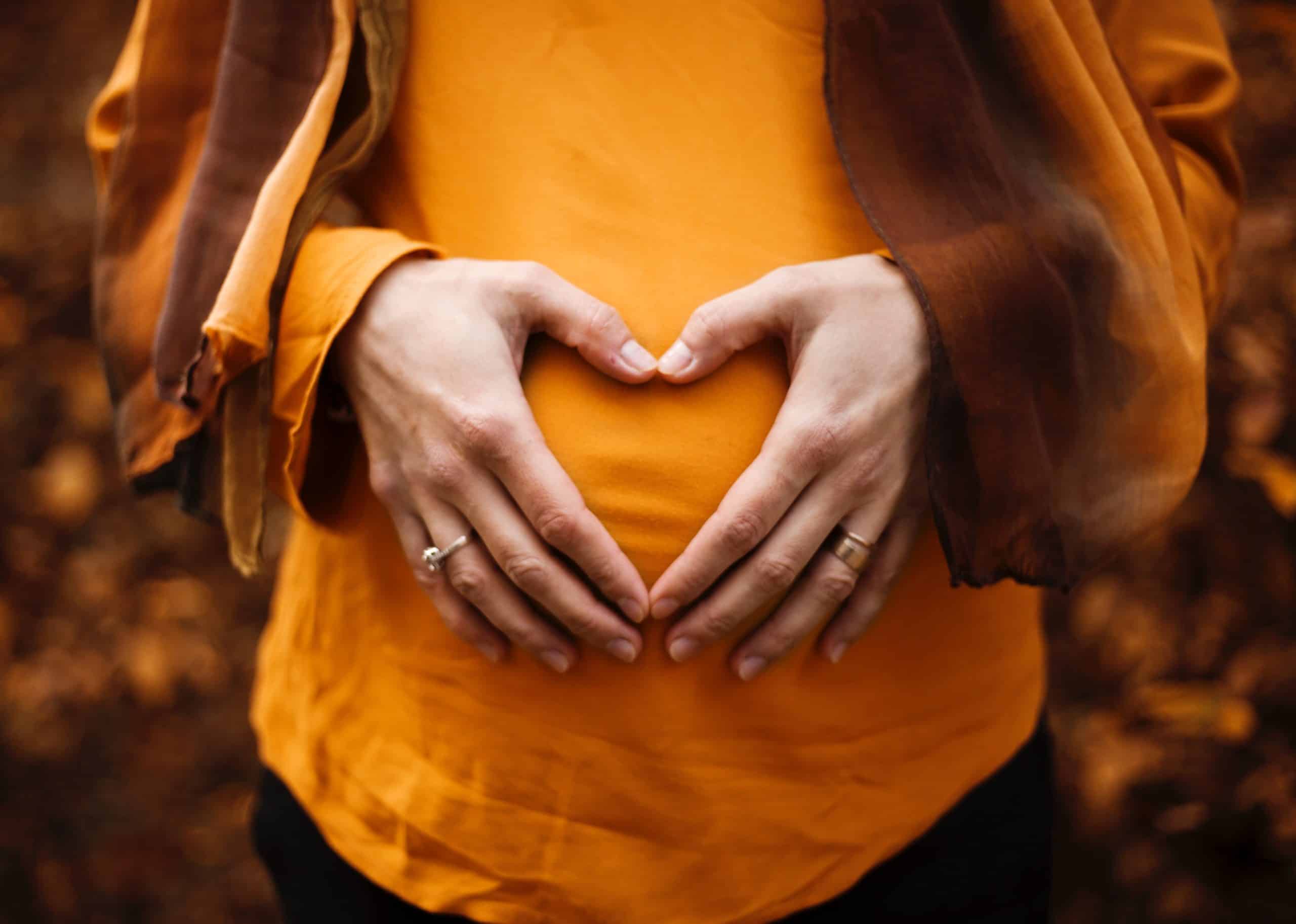Currently, at least one in seven couples is affected by infertility and rely upon IVF (In Vitro Fertilization), but on average, only 30% of embryo transfers result in pregnancy…
Researcher Alexandra Boussommier-Calleja the Founder of Im-Vitro took the decision to apply her expertise in tissue and cell culture to this issue. After completing her studies with distinction in Switzerland, the UK and the USA, she chose to return to France, having obtained a postdoctoral fellowship from the Marie Curie Foundation. She was also incubated at “Entrepreneur First”, a business accelerator located, along with others, within the French startup campus, Station F. It was during discussions with embryologists that she realized there was a need that was not being met. Using AI, the process of evaluating embryos for implantation can be automated.
Currently, an incubator integrated inside microscopes dedicated to the observation of embryos, takes one time-lapse photo every 5-10 minutes for two to six days. Practitioners then manually search these videos for biological events and morphological criteria deemed important by the scientific community, to decide whether it is a “good”-quality or “poor”-quality embryo, based on its chances of leading to pregnancy. Im-Vitro has developed a SaaS (Software as a Service) platform, that now helps embryologists take this decision, via algorithms trained using thousands of videos of embryos and millions of items of clinical data that describe patients and their IVF journey.
“Our solution, based on artificial intelligence, allows the decision-making process for embryologists to be automated, thus saving time, increasing productivity, and reducing the variability of the decisions made. This AI seeks to complement the embryologists’ expertise and above all to work with them on one of the decisions at the heart of IVF, before tackling other crucial decisions that punctuate this extremely complex and multifactorial process, with a resultant increase in the IVF success rate, that we are in the process of confirming with our partners,” Alexandra Boussommier-Calleja, Founder and CEO of Im-Vitro.
The first retrospective study carried out in early 2022 compared the predictions made by this AI platform with those of 13 embryologists, on a test database of 400 embryos, and showed a relative increase of approximately 15% in the rate of successful pregnancy by embryo transfer.
Im-Vitro is currently working in partnership with more than ten private clinics in France and Spain. These clinics have been testing these solutions for the last eight months and have been sharing their feedback with Im-Vitro, notably on the degree of interoperability and control of the platform. Over time, a simplified portal will also be dedicated to patients, once again with the aim of “adding transparency to a process that is complex, and therefore potentially opaque and variable,” said Alexandra Boussommier-Calleja.
Im-Vitro hopes to bring its solution to market over the course of 2023, the year in which the company is expected also to obtain FDA marking, having already obtained CE marking. The Next French Healthcare Program puts Im-Vitro into contact with key IVF operators in the USA. “Without this, it is possible that I would not have had the time and the commercial strength to reach out to these people,” Alexandra Boussommier-Calleja said. “Next is a well-known program, so this sends the right message to the people we contact.”



